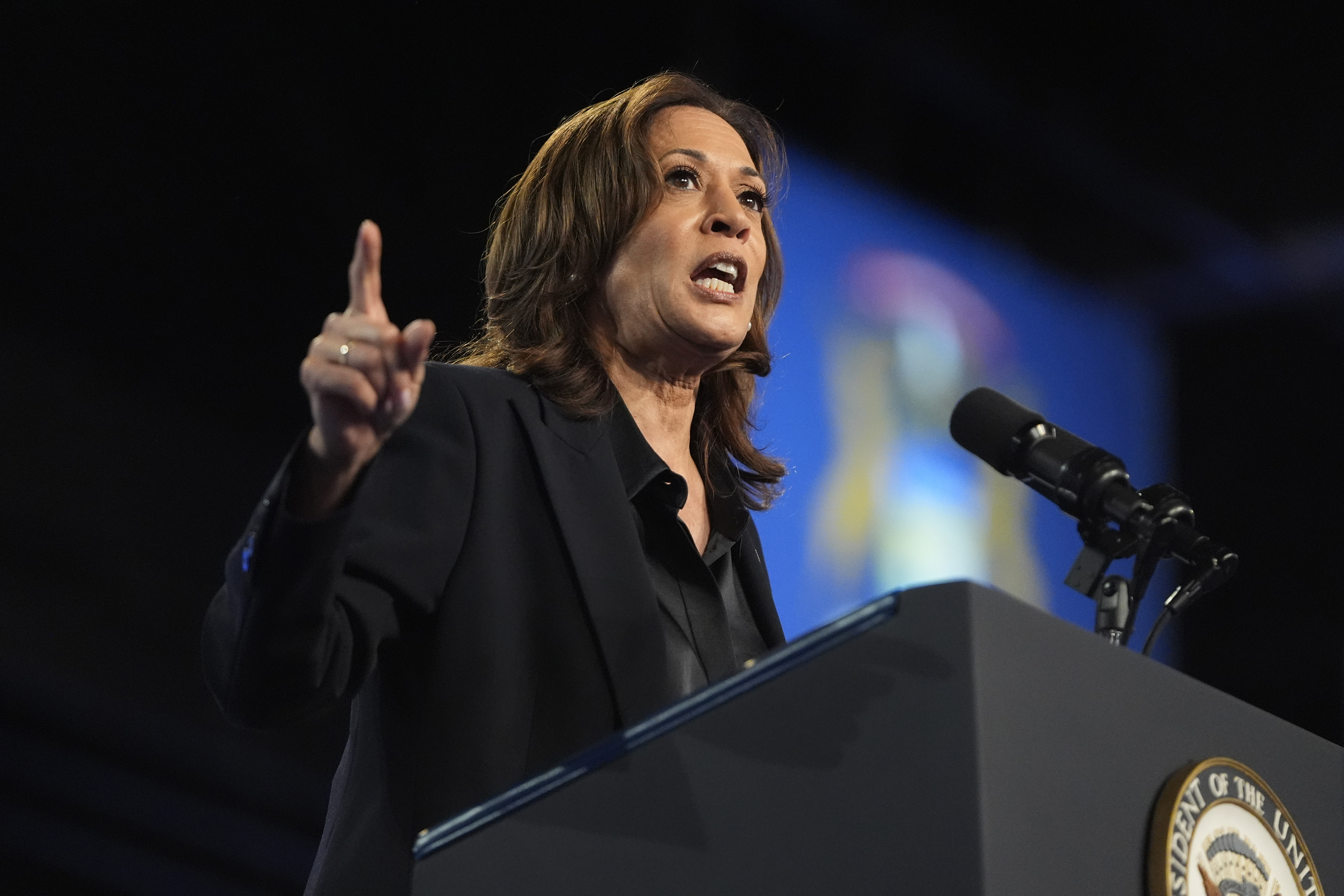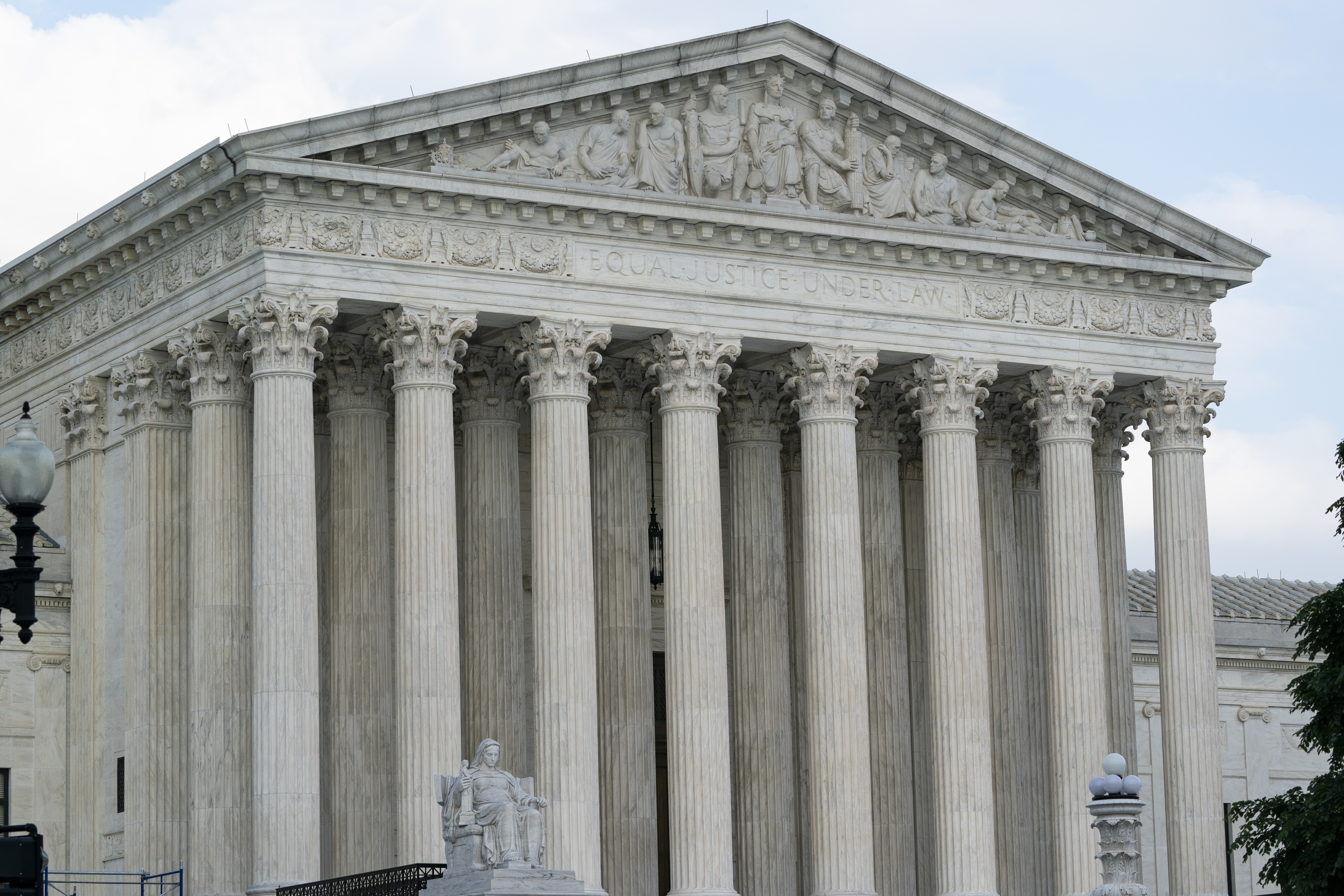
After a routine mammogram in late 2022, Kristina Guerrero received a call for follow-up tests because doctors thought they spotted a cyst in her breast. She did not have a family history of breast cancer, so she suspected the mass was scar tissue from a previous surgery.
“I never anticipated that breast cancer was necessarily going to be a part of my story,” the former E! News host tells TODAY.com. “It didn’t run in my family. I didn’t know anybody with breast cancer.”
Weeks passed as Guerrero, now 44, waited for her results, and that delay gave her a false sense that she was healthy. But then she received a call from her doctor.
“The reason it had taken so long was because it was a very rare form of breast cancer called angiosarcoma,” she explains. “They had to send it out for second and third and fourth opinions before they finally recognized that this was a very rare, aggressive cancer.”
Routine screening leads to early diagnosis
As a journalist, Guerrero often covered stories about breast cancer and encouraged viewers to undergo regular mammograms as part of breast cancer awareness month in October. When she turned 40, she knew it was important to follow the advice she gave others and started regularly undergoing screening.
Get Tri-state area news delivered to your inbox. Sign up for NBC New York's News Headlines newsletter.

U.S. & World
“Every October that came around, it was like, ‘Make sure that you go get your mammograms,’” she says. “I tried to do it around my birthday, just as a gift to myself.” After she had a mammogram in 2022, she received a call asking her to come in for more tests, which included a biopsy. She was surprised but assumed it had to do with the fact that she has dense breasts, which can make it harder for mammograms to detect cancer. So, she wasn't too worried about the follow-ups.
Doctors told her she should receive the results “in just a couple of days.” But weeks passed without any word.
“I was like, ‘This is really strange. It usually doesn’t take this long to get a diagnosis,’” she says. “I thought if there was something serious, they would’ve called me.”
When her doctor finally called, Guerrero learned she had an angiosarcoma in her breast in January 2023. Doctors did not stage her cancer, and she notes it was discovered “pretty early on.”
An angiosarcoma develops in the cells that line the blood or lymph vessels, according to the American Cancer Society. This rare cancer accounts for 0.1% to 0.2% of all breast cancers, per Johns Hopkins Medicine. It’s aggressive and spreads quickly.
“It was whiplash,” she says. “I got the diagnosis, and my breast surgeon said, ‘What is of most importance is that we get this out of you as quickly as possible because it is a very aggressive form of breast cancer.’ And so immediately within a few weeks, I was having a lumpectomy.”
Doctors hoped that they only had to remove the cancerous mass. But after surgery, they realized that they were unable to remove the tumor without leaving some cancer cells.
“It was about a robin-sized egg of cancer that they removed,” Guerrero says. “On the very outer parts of what they removed, there was still cancer cells detected, which means they didn’t know how much further it had gone in.”
Her doctors thought a mastectomy would assure that they had removed all the cancer, so she returned to surgery a week later to remove her entire right breast.
“It was all fast tracked,” she says. “With this mastectomy, we have removed the cancer. But the only way to be absolutely sure it is (gone) is if we do radiation.”
For six weeks, Guerrero underwent radiation every day.
“I’ve described this as walking through molasses. I was living these two realities. One the one hand, I was still going to work. I was still at home,” she says. “There would be moments were I’m like, ‘I have cancer right now. I’m living with breast cancer and I’m living with a rare form of breast cancer that could kill me.’”
Breast cancer in Hispanic women
While Hispanic and Latina women are about 25% less likely to be diagnosed with breast cancer than non-Hispanic white women, they are more likely to receive an aggressive breast cancer diagnosis at a younger age, according to the Breast Cancer Research Foundation. What’s more, they often receive late-stage diagnoses.

The reason for these disparities are complicated. Doctors offer BRCA mutation screen less frequently for Hispanic women, and these women are also less likely to undergo regular mammogram screenings due to lack of insurance, access to doctors and preventative care, the Breast Cancer Research Foundation notes.
Documenting her experience
With the help of her husband, Gibby Cevallos, Guerrero made a short film documenting her experience with breast cancer called “Walking Through Molasses.”
“I was going through my treatment, and I felt isolated. One of my comfort places is as a journalist. It’s telling stories,” she says. “I recorded a lot of my testimonials and things I was going through as I was going through them. And I’m so grateful that I did.”
Rewatching her videos helped her remember forgotten feelings.
“It’s very raw,” she says. “It’s a 15-minute short on my experience of breast cancer told through this weird space I was in at the time.”
Guerrera is now cancer-free and visits her doctor every six months for scans to make sure the cancer hasn’t returned. To her, it’s important to share her story to raise awareness of breast cancer for women of color.
“For my women of color, my Latinas … it’s proven over and over again that we don’t go in for early detection that we aren’t aware of the risks of breast cancer to our bodies and so we ignore them,” Guerrero says.

She also wants everyone to understand the important of screening.
“I just hope that people will realize that I really didn’t think this was going to happen to me and then it did,” Guerrero says. “I want people to acknowledge that it can also happen to them. But they can go on and live, if they go and get their mammograms.”
This story first appeared on TODAY.com. More from TODAY:



